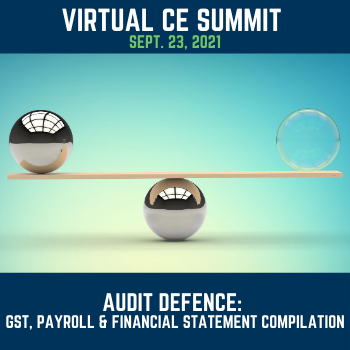Last updated: August 11 2021
New CERB Reimbursement Form Introduced

Intro Evelyn Jacks, article by Marco Iampieri B.A., JD, M.B.A.
In an unfortunate series of miscommunications, self-employed people were given inaccurate information about eligibility requirements for claiming CERB in 2020. Under heavy warnings to repay the benefits they may have received, many reached into their pre-Christmas cash flow to do just that. Now with new Form T183E, the money can be recovered again. Application processing began June 15 and applicants can expect reimbursement within 90 days.
Marco Iampieri B.A., JD, M.B.A, practices tax law in Innisfil, ON. He explains how this will work and provides background detail.
New Form T183E: Help Self Employed People Get Reimbursed for CERB Repayments https://www.canada.ca/en/revenue-agency/news/2021/05/government-of-canada-to-reimburse-self-employed-workers-who-repaid-the-cerb.html
Background. When applications for the Canada Emergency Response Benefit (“CERB”) began in April 2020, self-employed applicants and their advisors were unsure about whether the minimum income threshold of $5,000 earned in 2019 or in the 12 months before the CERB application was referring to net income of $5,000 (after allowable deductions from income to arrive at taxable income) or gross income of $5,000 (before allowable deductions from income to arrive at taxable income).
CRA appeared to be unclear on the matter themselves. From April 2020 until January 2021, the Canada Revenue Agency (“CRA”) stated that the minimum income threshold of $5,000 earned in 2019 or in the 12 months before the CERB application opened was interpreted to be net income.
In that period many self-employed Canadians had gross incomes of $5,000 in the applicable period, but net incomes of less than $5,000, technically rendering them ineligible for the CERB. But they applied for and received CERB. When the controversy erupted over the definition, promptly returning the CERB to avoid any complications with the CRA.
However, the CRA stated on February 9, 2021 that an applicant will not need to repay CERB regardless of whether the $5,000 income threshold earned in 2019 or in the 12 months before the CERB application was gross or net income.
Then, on May 27, 2021, the CRA released a new form to redress self-employed workers who applied for the CERB and would have qualified based on their gross income, provided they also met all other eligibility criteria.
While that is all good news, a question remains: Are taxpayers owed interest on the money paid by mistake? Marco Iampieri B.A., JD, M.B.A, explains in our next article.
Additional educational resources: Be sure to enrol in the September 23 CE Summit to discuss these matters as well as taking in GST, financial statement and payroll audit-proofing tips and traps. Early registration ends September 15.
Check out the full agenda and enrol here
